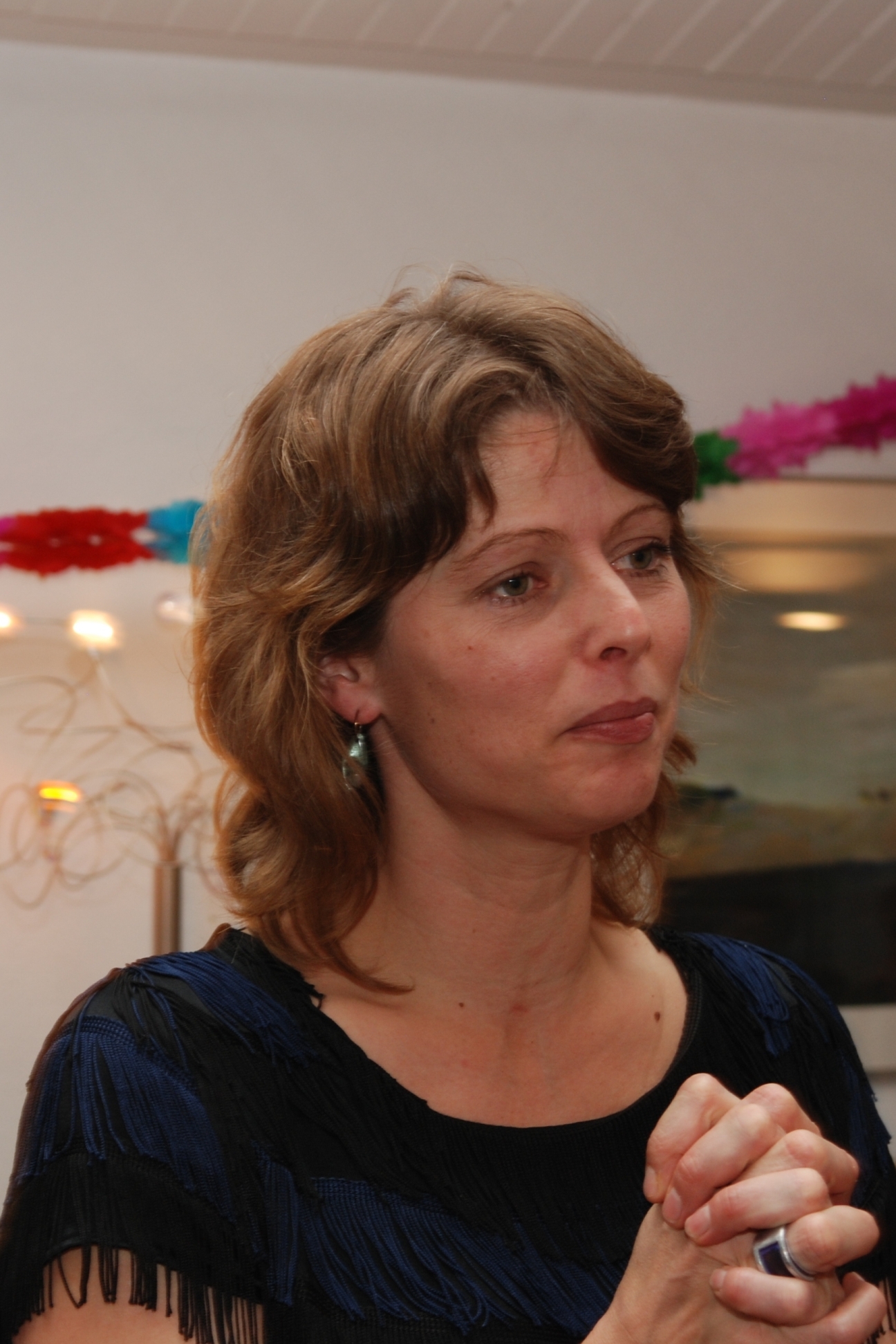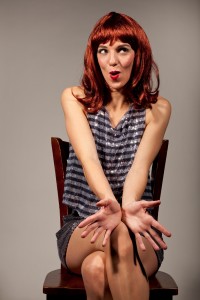‘When you watch dance you process it differently. There has been research that has proven that you respond to it kinaesthetically. You physically react to the performance rather than taking it in cerebrally. On live performance this works very well, but even on television you have a kinaesthetic response to someone being swept around the dance floor and you feel the happiness from it.’ And so Wieke Eringa, the fast-talking, intelligent and knowledgeable artistic director of Yorkshire Dance, sums up the power and appeal of her chosen art form. Simple.
Over the telephone, Wieke’s enthusiasm is infectious – she has such a powerful, inherent belief in her work and the positive impact the art form can have on the person that I resolve to have a bit of a boogie when I get home from work.
She says: ‘In this country the focus has been on private ballet but at Yorkshire Dance we try to involve people who don’t get involved in the private dance sector which is traditionally exclusive – you probably have to be skinny, have a certain aptitude, you have to be a girl and probably under the age of 16. The regional dance agencies, like Yorkshire Dance, were developed to get everyone dancing in a more creative and accessible way. Our ethos has been very much concerned with access and inclusivity, so, for example, we do heaps of stuff with people with learning difficulties and under-represented groups.’
Yorkshire Dance celebrates its 30th birthday this year. Its brief, along with the 12 others across the country, is to support the development of contemporary dance and dance in general, to work with artists to develop their practice, and to work with young people, as well as engaging the wider community.
Wieke explains: ‘With us it’s about breaking down barriers and a different way of working – and that means anybody, everybody can dance. Everyone can be beautiful and everybody can be professional, it doesn’t matter about body shape or your age and your gender. When you see television programmes like You Gotta Dance, none of that is very graceful and elegant! It’s very grounded, very aggressive, very funky and athletic – people need a broader sense of what dance can be!’
And this is just what happened to Wieke who reveals that dance was not her first love as a youngster growing up in Holland. She explains: ‘When I was growing up I was fascinated by the ballet thing but I couldn’t get my head around the pink stuff. I didn’t feel elegant so the whole draw of contemporary dance was good for me – you can be grounded and move in your own way. I came over as a musician in my late teens. I played the flute and just wanted to do music but I ended up doing a BA in Performing Arts!’
After a stunning career, first as a performer, choreographer and teacher at Sadler’s Wells then in education at Northern Ballet Theatre, Wieke is now playing the ‘grown-up’! I would imagine any meeting is brought to life thanks to her straight-talking, focused style. ‘I have to sit in an office being grown up all the time! I spend most of my time in meetings and behind my computer, but my creativity goes into project development and working with artists and they are just so exciting.’ The other side of her job involves overseeing a packed programme of events. Wieke explains: ‘We run our own weekly programme in our building with classes in ballet to hip hop, and from street dance to belly dancing – you name it, and we do it! We are also the regional hub for the national programme The Big Dance which this year is part of the Olympic celebrations.
‘The events include The Schools Pledge which takes place on Friday 18th May. This is a record-breaking attempt to have the most people doing the same dance routine in different locations. It is choreographed by Wayne MacGregor, who has created a routine that works at primary schools level – you can just join in – or if you’re doing A level dance and want to develop the choreography, you can do that as well. And, of course, being Wayne, the routine is artistically interesting.’
The Big Dance is all part of a massive movement to get us dancing but the UK is far ahead of our more open European partners. Wieke explains: ‘The English are very reserved – it is a cliché but it’s true. In Holland it is more acceptable for a man to say I want to have a good relationship with my body and explore it – dance is part of that. But in England you’d never have that in a million years! The flipside is that you have one of the most bursting with creativity cultural sectors that surpasses every other country.’
And that includes the growing understanding of the ‘difficult’ discipline of contemporary dance. Wieke says: ‘What’s nice about contemporary dance is that it encompasses everything from African to street to hip hop. Contemporary dance had a look in the So You Think You Can Dance when a couple performed a contemporary piece. It was so moving. On the whole it’s misunderstood but if you want to dip your toes into that contemporary mullarky without being alienated, go and see Rambert Dance Company, or Phoenix and Matthew Bourne!’
Bound to beat a bop around the sitting room!
Get dancing
The Big Dance, including details of The Schools Pledge on May 18th www.thebigdance2012.com
To find your Regional Dance Agency visit www.danceuk.org
For more details about Yorkshire Dance point your mouse at www.yorkshiredance.com




